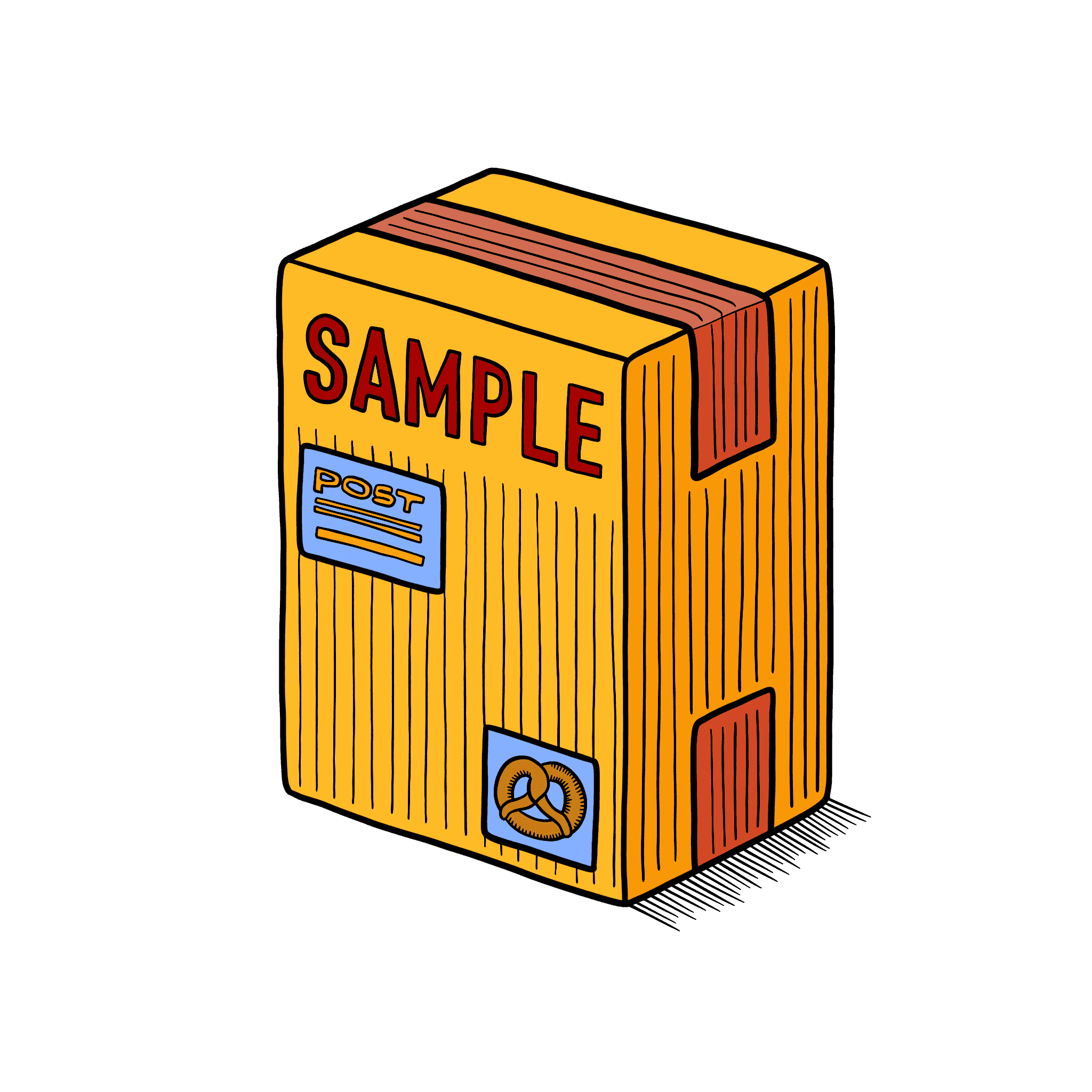10+ German Idioms about the Weather
The weather is a popular topic of light conversation in Germany, as it is all over the world. Here are some rain and shine related B1/B2+ level idioms and expressions, to spice up your small talk in German 🌤.

Whilst summertime in Germany can be a beautiful experience, welcoming months of barbecuing in the warm sun, wintertime can be windy, snowy and teeth-chattering-ly chilly. In between the sunshine and snow, you can expect to see all sorts of weather across the country, including blizzards and rain. With this in mind, it’s no surprise that the German language boasts quite a few, colorful, weather-focused idioms, suitable for all types of weather. Let’s take a look at a short list of them, right here:
Es regnet in Strömen
You know when you’re on the way to some important appointment, when the weather Gods decide to wreak havoc on your unassuming soul and release a pool-full of water upon your head? When rain is pouring down hard and fast, like hard enough to peel the mascara off your face in a matter of seconds? On these occasions, you could say (wail) “Verdammt! Es regnet in Strömen!”, which literally means that it’s pouring with rain, and is the German equivalent to the English “It’s raining cats and dogs!”.
Es regnet wie aus Eimern
Much like “Es regnet in Strömen”, “Es regnet wie aus Eimern” can also be used to describe heavy rain, in this context as though falling in buckets.
Es gießt
Yet another expression to describe pouring rain, “Es gießt” can be used in more informal situations, as a colloquialism. Because the word “gießen” is commonly used in the context of watering plants - “Ich gieße die Blumen” - it may be helpful to remember the expression by imagining a large watering can pouring water through it’s spout from the sky, drenching everybody in rain.
Das Hundewetter
When all is grey, wet and stormy.. When there is mud all over the streets, or perhaps a nasty blizzard howling away outside, you may describe the terrible weather as “Hundewetter”. To remember this expression, here is an idea: have you ever seen a dog off the leash and on a walk, after it’s rained, running straight for the giant puddles to roll about in? Some dogs absolutely love playing in the mud, and for this reason it may be helpful to think of wet and gloomy weather as perfectly suitable for them!
Example use cases:
Similar terms include: “Mistwetter”, “Schmuddelwetter”, “Sauwetter”
Das Kaiserwetter
In stark contrast to “Hundewetter”, “Kaiserwetter” is a conversational term used when the weather is absolutely gorgeous; when the skies are blue and clear, and the sun is shining - weather fit for an emperor! Apparently the term was first used during the reign of Kaiser Franz Joseph the First, whose summertime birthday was usually a sunny affair.
history nugget: During the Nazi period, the terms “Führerwetter” and “Hitlerwetter” were also used in conversation, to describe good weather. Obviously, these terms are no longer used today… so don't use them.
Example use cases:
Schweinekalt
Much like “bitterkalt”, or “saukalt”, “schweinekalt” is an expression used to describe terribly cold weather, especially during the winter months when snow and ice can be expected. Apparently, the origin of the word is thought to be connected to pigs at the farm, which were traditionally slaughtered at the beginning of winter, as the weather turned bitter cold - making for a perfect environment to store the meat. Whether that is true or not, the connection may be helpful in remembering this conversational German word!
Example use cases:
(Etwas) Sonne tanken
When your car is out of petrol/battery, you may say “Ich muss Auto tanken”. Similarly, when autumn and winter has passed, and you’re running low on vitamin D, you may say “Ich muss Sonne tanken”. This expression is commonly used to refer to days spent out in the sun, soaking up the sunshine and the warmth, and getting one’s fill of it until winter comes around again, with it’s gloomy days.
Example use cases:
Es gibt kein schlechtes Wetter, es gibt nur schlechte Kleidung
When you live in a country with such diverse weather, from rain to snow to sunshine, it’s important to be prepared for anything! Over the years, you may invest in a good, thick coat, some gloves and thick socks, for snowy days. For the rain, you may have a waterproof parka, with a hood. For afternoons out in the mud, you might have some knee-high rubber boots. Fully equipped to handle rain or shine, you may then use the German expression: “Es gibt kein schlechte Wetter, nur schlechte Kleidung”, that means nobody has an excuse not to venture out into a gloomy day of terrible weather. All you need is suitable clothing!
Example use cases:
Ich bin doch nicht aus Zucker
As a child, it may have been the case for you that whenever it rained or snowed, you felt the urge to go out and play outdoors, perhaps sparking the concern of a parent or two. Feeling fully capable of handling the rain / snow / wind / beating sun, we may shake our heads with impatience as our parents advise us to stay inside, and say: “Ich bin doch nicht aus Zucker”. As sugar can melt in the rain or heat, this German phrase is used to express that one is not as delicate, and can withstand unpleasant weather.
Example use cases:
Die Affenhitze
On very hot days, when it’s sweltering, you’re covered in sweat and only getting through the day with the help of ice lollies and iced coffee, you may say “Heute gibt es eine Affenhitze”. Alluding to the tropical climates that monkeys commonly inhabit, the term “Affenhitze” is reserved for the hottest days of summer, and is usually used to complain about the weather.
Example use cases:
Bei Wind und Wetter
So it’s the end of the lockdown, and you haven’t been able to enjoy the food at your favourite restaurant for over a year now. For the first time in forever, the doors are open, and there’s a table waiting just for you. You’re on your marks and ready to go. Nothing is going to stop you from reaching your destination, come rain or shine. In the German version of this scenario, a fantastic expression you could use here is: “Bei Wind und Wetter”. As in: “Bei Wind und Wetter werde ich es zu meinem Lieblingsrestaurant schaffen, das sage ich dir!”. The expression is used to suggest loyalty or commitment to something (or, in some cases, somebody). It’s a way to say “No matter what happens, I will … etc, etc”.
Example use cases:
Die Sonne knallt
When it’s so bright outside, that you must shade your eyes with your arms to see before you, or it’s so hot outside that the top of your head feels like it could fry an egg, then you may say “Oh Gott, wie die Sonne knallt!”. In this context, the word “knallen”, means “to beat down”, as in: “the sun is beating down”, and is used to describe a particularly sunny day.




